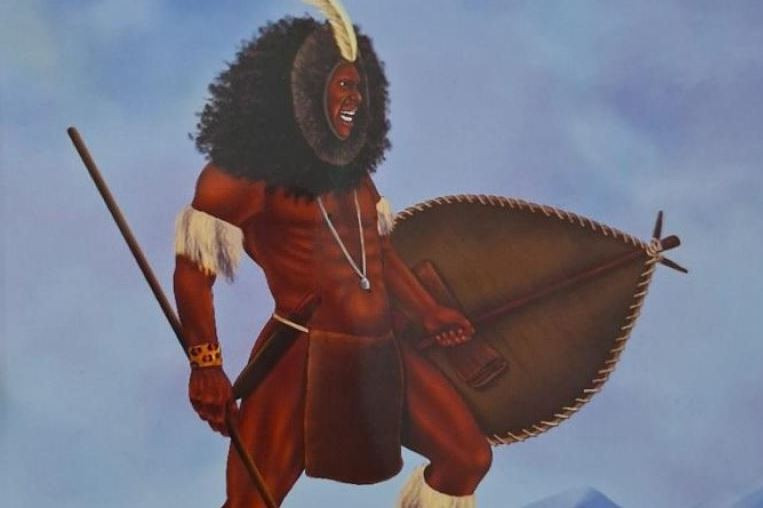
M’Angaine O M’Ithiria was a Meru warrior who lived in the 19th century. Despite initially being against White settlers, they managed to convince him to be on their side.
He was the father of Jackson Angaine who later became a kingpin in Mt. Kenya region.
The Meru culture still celebrates M'Angaine as a skilled and courageous warrior who played a notable role in defending his community and upholding its values.
His bravery in war, unwavering loyalty to his people and strategic prowess was unmatched. He is often portrayed as a symbol of determination and resilience in the face of adversity, embodying the virtues of sacrifice, honour and courage.
In 1908, he confronted a colonial District Commissioner (DC) who was feared and hated by Meru people for exhibiting bullish behavior. This confrontation involved a dramatic encounter where he challenged the legitimacy and authority of the colonial masters over indigenous people.
Specifically during the encounter, M'Angaine engaged in verbal exchange with the colonial DC. He fearlessly questioned the DC on why they are infringing on the rights of Africans and the grounds on which the colonial rule was based. He also openly told the DC that he had no authority over his community.
Other than confronting the DC over the legitimacy of their rule over his community, M'Angaine is said to have spearheaded physical resistance against colonial masters. He also strongly defended his people against encroachment by the White settlers on their resources and even land.
Interestingly, despite his initial fierce resistance, M'Angaine eventually opted to collaborate with the colonial rulers. It is said that after failing to achieve his course in defeating the White masters, he figured out that collaboration was the only feasible way to maintain a level of influence and continue protecting his people against harsher colonial policies.
M'Angaine died in 2005 out of age-related complications. His death marked the end of an era for many who had followed his contributions, historical footprints and his career.